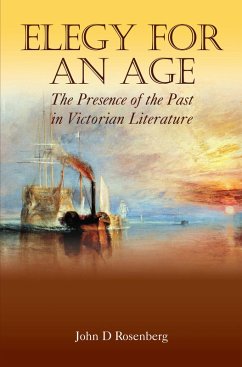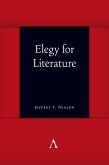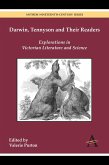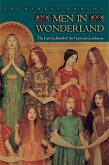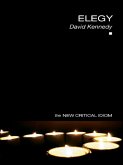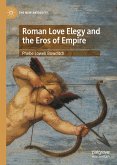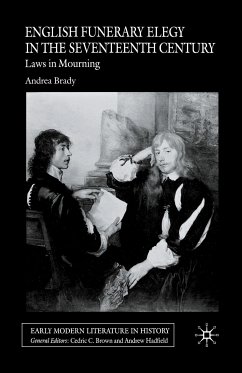In an age of radical transformation, the Victorians were caught between a vanishing past and an uncertain future. In the face of such a dizzying present, connecting with their past became for the Victorians a kind of survival strategy - this nostalgia took forms as diverse as their obsession with history and origins; the religious revivalism of the Oxford Movement; and the new Houses of Parliament, built in 1834, whose design looked longingly back to the Middle Ages.
This rich and elegant work describes how the unsettled cultural climate provided fertile soil for the flourishing of elegy. John Rosenberg shows how the phenomenon of elegy pervaded the writing of the period, tracing it through the voices of individuals from Carlyle, Tennyson, Darwin and Ruskin, to Swinburne, Pater, Dickens and Hopkins. Finally, he turns from particular elegists to a common experience that touched them all - the displacement of the older idea of the earthly city as a New Jerusalem by the rise of a new image of the Victorian city as an industrial Inferno, a wasteland of sprawling towns and of rivers so polluted they caught on fire. This beautifully written meditation provides a vivid, compelling and authoritative portrait of an era that, in the face of an exhilarating and menacing present, longingly embraced the stability and comfort of a past both real and imagined.
This rich and elegant work describes how the unsettled cultural climate provided fertile soil for the flourishing of elegy. John Rosenberg shows how the phenomenon of elegy pervaded the writing of the period, tracing it through the voices of individuals from Carlyle, Tennyson, Darwin and Ruskin, to Swinburne, Pater, Dickens and Hopkins. Finally, he turns from particular elegists to a common experience that touched them all - the displacement of the older idea of the earthly city as a New Jerusalem by the rise of a new image of the Victorian city as an industrial Inferno, a wasteland of sprawling towns and of rivers so polluted they caught on fire. This beautifully written meditation provides a vivid, compelling and authoritative portrait of an era that, in the face of an exhilarating and menacing present, longingly embraced the stability and comfort of a past both real and imagined.
Dieser Download kann aus rechtlichen Gründen nur mit Rechnungsadresse in A, D ausgeliefert werden.

